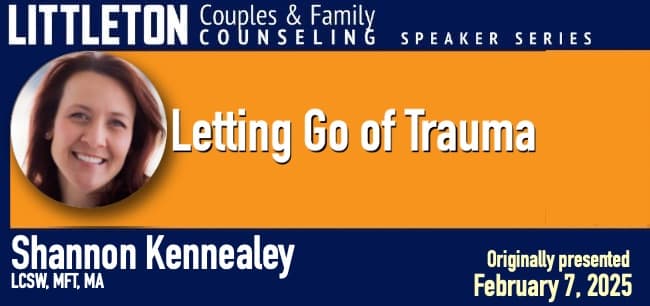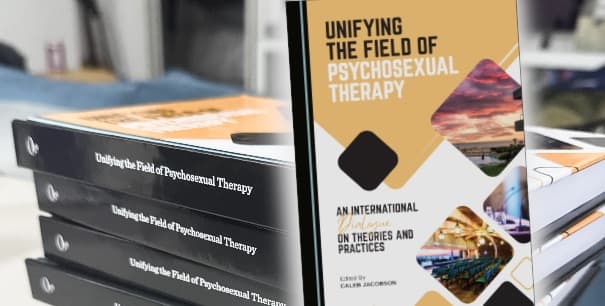ADHD & Sex #3: emotions
Mood swings, frustration, and anger are common with ADHD. Just as common are times of spontaneous fun and happiness. Sudden changes in the ADHD partner’s mood or temperament can cause the non-ADHD partner to feel like they’ve done something wrong or feel unsure in the moment. The non-ADHD partner may feel doubt in the stability of the relationship. This can happen regardless of the ADHD partner’s intent.
Anger can distance your partner and lead to loneliness for both of you. Strong emotions can leave both of you physically, mentally, and emotionally exhausted and sap your desire for sex and closeness.
Before you start to feel frustrated or angry, have a conversation with your partner: whoever starts to feel strong emotions has permission to call “21”.
Twenty-one is the number of minutes the brain requires to disengage from the fight-flight-freeze response. When someone calls “21”, both of you peacefully walk away and take 21 minutes apart. Take five or six square breaths to slow your heart rate. Don’t stew on the issue at hand and allow your mind to wander and calm. Reconvene. If either of you are still spun up, take another 21 minutes.
Closeness, trust, and intimacy are part of a cyclical pathway that creates stability in your relationship. The more stability in your relationship, the more trust, closeness, and intimacy you will experience.
Erratic expression of feelings can make you or your partner less interested in intimacy, sex, or romantic togetherness. When ADHD has been running loose in a relationship, you have to start somewhere. Sometimes the easiest place is to slow down and rediscover why the two of you originally got together and what you found exciting and attractive.







